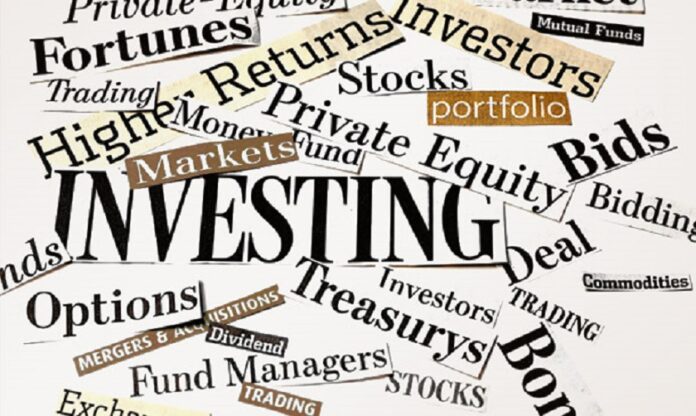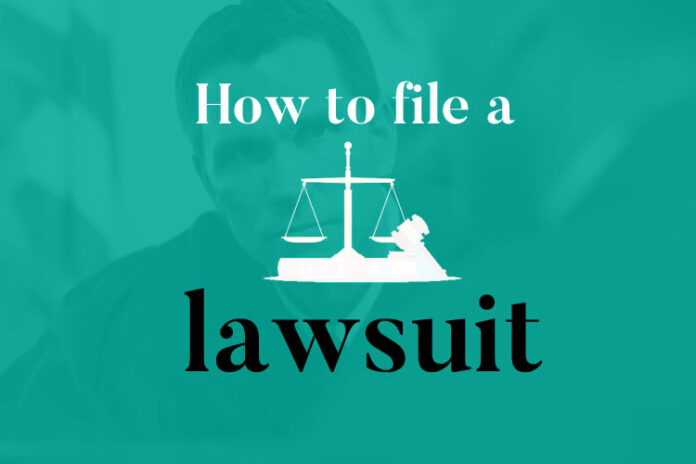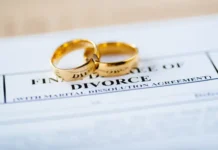Financial fraud is a widespread issue in today’s society that impacts both people and corporations. Financial fraud may cause severe losses for victims and comes in many different forms, from Ponzi schemes to insider trading. Financial fraud still poses a danger to the integrity of the financial system despite attempts to stop it.
Knowing how to spot financial fraud is a crucial skill that may help you defend yourself against con artists and prevent financial catastrophe. This article offers a guide to recognizing the indicators of financial fraud, comprehending the many forms of fraud, and getting legal assistance if you become a victim of a scam. This article will provide you with the skills and knowledge you need to be safe and secure in the world of money, whether you are an experienced investor or just getting started.
Financial fraud may be challenging to spot since con artists are adept at passing off their ruses as reliable business prospects or investments. To assist you prevent financial fraud, there are various warning signals you may watch out for, and they are described below:
1. High Returns with Little Risk

Scammers frequently utilize the promise of large profits with low risk as one of their main strategies. Investments that seem too good to be true usually are. There is no such thing as a guaranteed return, and legitimate investments include risk.
A Ponzi scheme, for instance, advertises large returns on investments, but the gains are paid out using the funds of new investors rather than genuine earnings. When the scam finally fails, the majority of investors suffer huge losses.
2. Pressure to Act Quickly
Scammers frequently employ high-pressure techniques to get victims to respond immediately without giving them a chance to consider or conduct research. They can inform you that there aren’t many spaces left or that the chance is only accessible for a short while. Don’t be fooled by this. Legitimate investments are not time-sensitive.
For instance, a con artist can provide you with a brief chance to invest in a startup business that is about to go public. They can claim that you can buy before the stock price soars and get in on the ground floor. But if you don’t have the time to complete your homework, you may invest in a business that doesn’t exist or has little chance of succeeding.
3. Unregistered Investments

The Securities and Exchange Commission (SEC) requires that all genuine investments be registered with them. An investment opportunity is probably a fraud if it isn’t registered.
For instance, a con artist can invite you to invest in a fresh cryptocurrency that hasn’t yet been approved by the SEC. The cryptocurrency is considerably more likely to be a fraud if it is not registered, as it is not subject to the same rules as reputable investments.
4. Secretive or Complex Strategies
Scammers frequently employ challenging-to-understand investing tactics. An investment opportunity may be a fraud if it is overly complicated or hidden. Legitimate investments should be simple to comprehend and explain.
For instance, a con artist can invite you to participate in a brand-new hedge fund that employs sophisticated trading techniques to produce huge profits. You risk investing in a fund that doesn’t exist or isn’t successful if you don’t understand how a hedge fund operates or how it earns its profits.
5. Unsolicited Offers
Especially those that originate from cold calls or emails, be sceptical of unauthorized offers. Instead of via unwanted pitches, professional brokers or financial counsellors often advertise legitimate investments.
For instance, a con artist can phone you out of the blue and invite you to invest in a brand-new housing development. However, the offer is probably a fraud if you haven’t indicated that you’re interested in real estate investing.
It’s critical to seek legal counsel as quickly as you can if you think you’ve been a victim of financial fraud. Your legal rights and choices for recouping your losses can be better understood with the assistance of an experienced financial fraud attorney. There should never be any question about whether you ought to look for and employ one of them. You will be assisted in your quest for justice by experts with a wealth of knowledge and experience. With the increase of scammers everywhere, more and more attorneys are getting involved and beginning to stand up for the small people who were victimized.
Most of you already know what you should and can do in this circumstance, but the exact steps you can take if you think you have been a victim of financial fraud are listed below:
Contact the Authorities
You should call the police right away if you believe you are a victim of financial fraud. This involves informing the SEC, the FBI, or the Financial Industry Regulatory Authority (FINRA) about the scam.
Collect Evidence
Gather as much proof as you can back up your assertion. Any paperwork, emails, or other correspondence of the company or investment offer goes under this category. Keep thorough records of all communications you have with the con artist or anyone else associated with the investment.
Contact an Attorney
Speak with a lawyer who focuses on financial disputes and securities fraud. They can assist you in choosing the best course of action to recoup your money and hold the con artists responsible for their crimes.
File a Lawsuit

If required, your lawyer can assist you in bringing legal action against the con artists. Although it might be a difficult procedure, your lawyer will help you at every stage.
The final line is that financial fraud is a severe issue that must be avoided at all costs. You may guard yourself against being a victim of fraud by being aware of the warning indicators of financial fraud. Before investing in any opportunity or disclosing personal financial information, it’s also essential to carry out exhaustive study and due diligence. It’s crucial to take action right away if you are a victim of financial fraud. To recoup your losses and make the con artists responsible for their activities, you must file a police report, gather proof, and seek legal counsel. Remember that you are not alone, and there are resources available to help you navigate the complex process of recovering from financial fraud.









